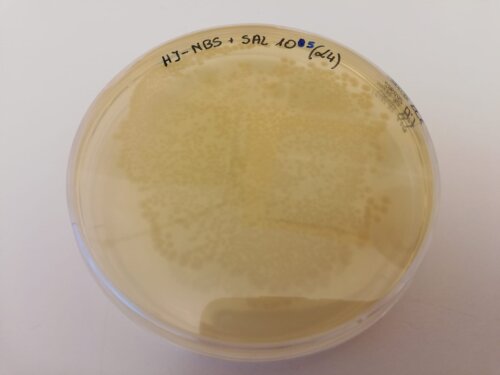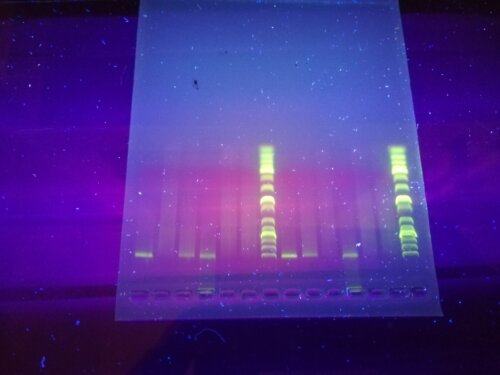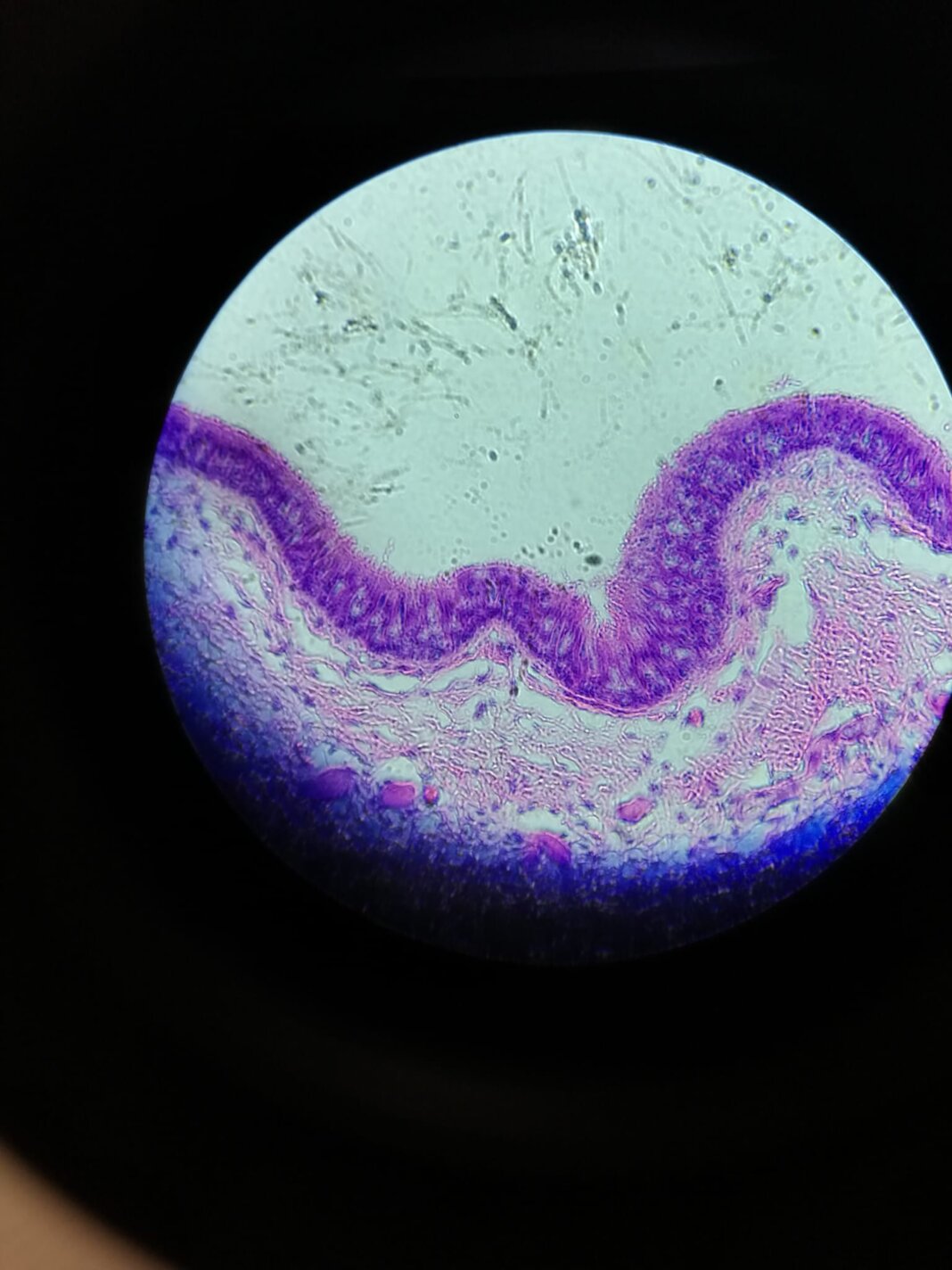October 24, 2022
BSc and MSc in Biomedicine at LiU
Welcome to my second blog post! If you have not read my introduction post: I did my bachelor’s in Experimental and Industrial Biomedicine at Linköping University (LiU) and now, I am doing my master’s in Experimental and Medical Biosciences. Today, I will give you some insides into both programmes.
Bachelor programme
This is the only bachelor programme at LiU fully in English. To begin with, a lot of useful information regarding the syllabus and the structure of the programme is available on the university webpage (here). If you are interested in this programme, I highly recommend reading that. For all three years, we cover fundamental biomedical fields from cell biology and biochemistry through physiology to bioinformatics and systems biology. It covers a lot of different fields and what I like a lot about it is that it gives you a variety of specializations for your master’s if you want to pursue your education further. For example, some of my classmates started neuroscience, genetics or other master programmes (not all stayed at LiU). Alternatively, you can start working. A few people from my previous class opted for a job in a microbiology lab or in biomedical companies. In my opinion, this programme truly sets a good background and gives you multiple opportunities according to your interest.

When it comes to the structure of the programme, you can access the exact courses in the curriculum on the programme page so I won’t go into details about that. Important to note is that you do not have elective courses in the bachelor. But I would like to focus on two other things I personally found interesting. Namely, problem-based learning (PBL) and laboratories. PBL is a concept where you get a case, brainstorm about it in a group of 6-8 people and then study the topics you brainstormed. The case could be a paragraph of text or a diagram – it depends. To be honest, you love it or hate it or you just get used to it over time depending on what your study method is. Additionally, nearly every course has labs which are of course related to the subject – personally, I find this incredibly useful as it gives hands-on experience (like growing Sallmonella in picture above). You also get pretty pictures, like the fluorescently stained cells or agarose gel electrophoresis below (both experiments performed by me). We also have project courses every semester but if you would like to get to know more, let me know in the comments and I will create a blog about it! The workload sometimes can be intense but as long as you manage your time well and do not procrastinate much it is perfectly fine.
However, the most unique part of the programme is its connection to the industry. If you don’t know whether you want to stay in academia or industry the programme gives you some courses where for example, you develop your own company (not in reality, of course). But I don’t want to repeat the programme page so please read more about it there if you would like to!

Master programme
Moving on to the master… The programme has diverse elective courses (from stem cells to immunology and genetics). You choose courses for the first year in September but it is good if you think about it earlier rather than last minute. In January, you have the option to change your course selection for the spring semester if you wish to do so. Then, in May, you also choose courses for the autumn semester (2nd year) and eventually review them in August. Master is slightly different from bachelor so some courses run 50% but some run 100% (spring semester) so when you plan it make sure you don’t take too many courses (so that you can have enough time to study them properly) and that you align them accordingly to your projects as it is not recommended to have a project and courses. A full list of courses can be found here.

I mentioned projects. Let me explain. You have two mandatory projects and one of them is a master thesis. You must find yourself a project in a research group or a biomedical company where you pursue research, write a report and defend it. Technically, you should have one project in the first year and a thesis in the second year. I will write a separate post about finding projects soon!
The structure of the programme is fairly similar to those I had in my bachelor’s (based on the courses I just had) so please read this paragraph from the “bachelor programme” section. Additionally, it has an option of a double degree with two Austrian Universities which I find exciting. In short, you do one year at LiU and one year in Austria and then you finish with two master’s degrees. Doesn’t it sound cool?
However, the most surprising and perhaps the best thing about this programme is that you have your own mentor. He or she is a professor from the university and you have a possibility to discuss with your mentor your study plan, your projects or if you have trouble finding one, your future plans and many different topics regarding academia. Your mentor can be from a different field than what you are interested in because you do not get to choose your mentor, it is assigned to you randomly by the programme director.
The programme prepares you for work in academia as well as industry. During the programme, you will be in contact with professors from different fields and various backgrounds. But also there are meetings/conferences and fairs where you can find out more about your career possibilities.
This would be a short summary of biomedicine at LiU. If there is anything you would like me to write about in more detail just comment below!
Vi ses! (“See you!” in Swedish)
/Alexandra, Experimental and Medical Biosciences
________________________________________________________________________________________________
Why don’t continue the conversation with us?
Start with checking out:
Our programmes, the application process, webinars, and our Instagram and Facebook account.
Still left wanting more?Book an appointment with our recruitment coordinator at infocenter@liu.se.




